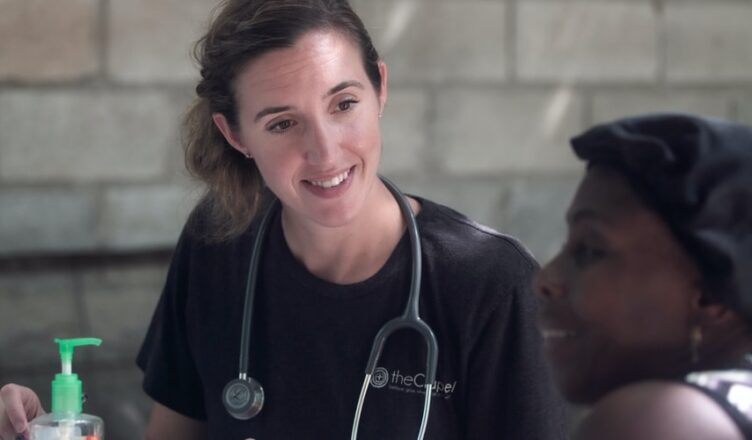The COVID-19 crisis poses a huge challenge to the world: the response must be swift and global. While it is primarily a health crisis, it is also a crisis of education, employment, and the economic crisis, a crisis of hunger and poverty, and in some countries a crisis of governance and political stability. The World Bank estimates that the global impact will be deep and lasting. In developing countries, with much larger populations at risk and less potential, there is particularly great pressure to develop, test and implement innovative approaches. Brookings Institution has five tips for overcoming the effects of the crisis and examples of interesting initiatives.
Many think tanks focus on studying the virus and its impact on economic, political, social and cultural processes in certain countries and in the world as a whole.
We have launched a new section – COVID-19: Research, where we monitor the leading research, analysis and statistics on Covid-19 in think tanks. We publish these materials so that our readers have access to quality analytics on those issues.

